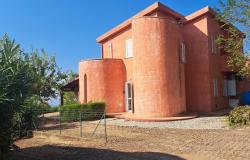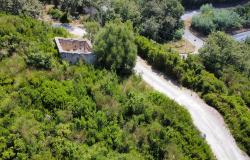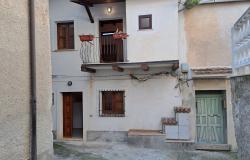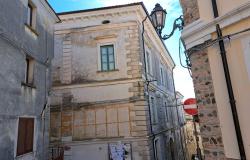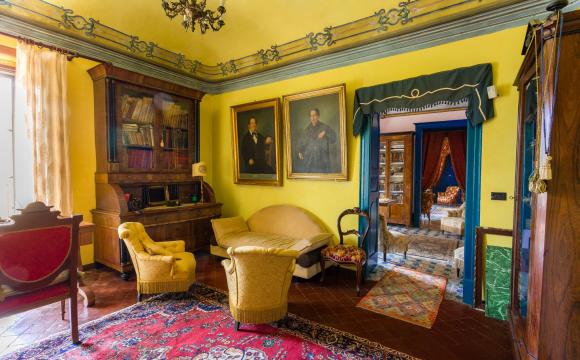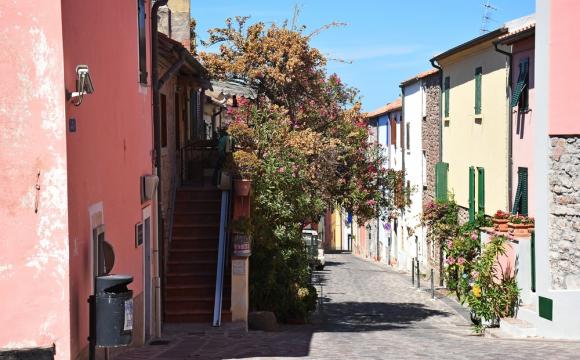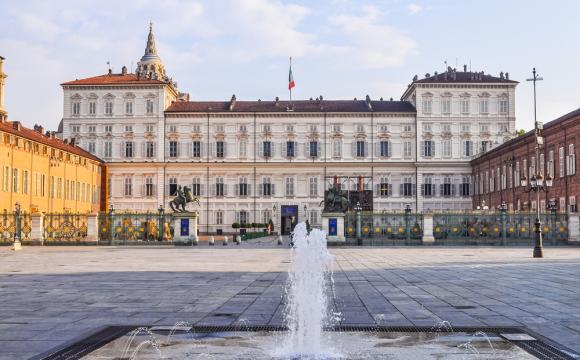 (ANSA) - The Calabrian Mafia was hit again on Wednesday when police arrested two mobsters after finding a massive amount of military-style plastic explosive from eastern Europe.
(ANSA) - The Calabrian Mafia was hit again on Wednesday when police arrested two mobsters after finding a massive amount of military-style plastic explosive from eastern Europe.
Italy's new anti-Mafia supremo Piero Grasso hailed the operation, made possible by military intelligence, as dealing another major blow against the 'Ndrangheta after a series of arrests in the wake of an unprecedented political murder. The seven kilogrammes of explosives was of the kind used by the army to blast away rocks or blow up buildings, police said.
Two grammes would be enough to blow up a Boeing 747, they said.
Grasso said the explosives "would have further strengthened the violence and power of the 'Ndrangheta," Grasso said. Wednesday's operation showed that "a mechanism" had clicked into gear in reaction to the shocking murder of a leading Calabrian politician, Grasso said.
The two arrests were made outside the northern city of Brescia and the Calabrian capital Reggio Calabria. The explosive, which is believed to have come from former Yugoslavia and may have been destined for bomb attacks on investigators, was found in Reggio.
The two mobsters, aged 33 and 38, are believed to be members of a top 'Ndrangheta clan led by jailed superboss Giuseppe 'Tiradritto' (Straightshooter) Morabito.
FIFTH HAUL IN TWO YEARS.
The seizure is the fifth major haul of 'Ndrangheta arms in the last two years. Last June police found rocket-launchers, kalashnikovs, one kg of explosives and several grenades. In December 2004 they discovered a similar weapons trove, including bazookas. One month previously 70 kg of high explosives and a large amount of C4 was found, and in June 2004 more than 100 kg of gelignite was discovered.
A subsequent investigation turned up a plot to blow up an anti-mafia prosecutor along with his bodyguards. It also led to the discovery that the 'Ndrangheta had sold some of the arms to terrorists. The Calabrian mafia has changed its supply lines for arms, buying up military explosives and weapons in eastern Europe, police said.
Grasso marks his first day as head of the National Anti-Mafia Directorate (DNA) by tackling the recent slaying of Francesco Fortugno, the deputy head of Calabria's parliament. He will assess the progress of investigations in a meeting in Reggio.
"We're heading to Calabria because there's an emergency there," the former Palermo chief prosecutor said in a newspaper interview. Grasso said there was "no doubt" that Fortugno's murder had been politically motivated, in the sense that it was meant as "a slap in the face" for Calabrian institutions and law-abiding citizens.
In the interview with the La Stampa daily, he added that there had been various attempts by the 'Ndrangheta to team up with its Sicilian elder brother Cosa Nostra, making a joint "criminal oligarchy" of politicians, businessmen, rogue cops, administrators and bureaucrats.
Grasso said no police action could be effective against the southern clans "if this social bloc continues to prosper."
NEW (AND OLD) CHALLENGES.
Grasso, a 60-year-old with a 30-year record of fighting the Mafia, has acknowledged that the 'Ndrangheta is now just as challenging as Cosa Nostra. He said Fortugno's murder was a statement of mob power as chilling as the Cosa Nostra bombs that killed Italy's top two anti-Mafia investigators in the early '90s.
The scale of Grasso's task was underlined by the governor of Calabria, Agazio Loiero, who said the 'Ndrangheta had become even stronger than the Sicilian Mafia. The 'Ndrangheta, he said, had taken over swathes of his region. In certain areas, he said, "when you walk out your front
door you're more likely to see a representative of the anti-state than one of the state."
Grasso's first task will be to oversee the Italian state's response to the Fortugno murder.
Already, more police and prosecutors have been sent to Calabria, and a new intelligence network is being set up along the lines of the system Grasso used to such effect in his six years in Palermo.
LESSONS FROM SICILY
During his time in the frontline against Cosa Nostra, Grasso aimed at the roots of Mafia power by attacking its business interests. He also pulled off a series of high-level arrests, moving ever closer to shadowy boss of bosses Bernardo Provenzano, a fugitive for the last 42 years.
But every time Provenzano appeared to be in his grasp, he slipped out again, benefitting from last-minute tip-offs. Just days before taking over the DNA, Grasso made many people sit up by saying corrupt politicians and rogue police were among those who had helped Provenzano evade capture for 42 years.
"Rotten apples can be found anywhere," said Grasso, recalling that a surveillance officer had been caught passing wiretaps to the other side. Grasso also recalled that a top city official had approved Provenzan's trip to Marseilles last year to have cancer treatment - as well as plastic surgery.
The national health service turned out to have picked up the tab for Provenzan's trip, causing embarrassment in official circles. But information from the boss's stay at the French clinic helped police put together a new identikit of the 71-year-old boss, spurring fresh hope he can finally be
brought to justice.
Among his many crimes, Provenzano is wanted for the 1992 murders of anti-Mafia legends Giovanni Falcone and Paolo Borsellino. Grasso made his name as a prosecutor by securing 13 life terms in the first Mafia 'maxi-trial' in the late '80s. As Palermo prosecutor, he tracked down a string of top mobsters and alerted Italy to the risk that Cosa Nostra, despite its recent low profile, was getting stronger again.
He reaffirmed this warning at the weekend, saying: "We've got to keep our eye on Cosa Nostra even when it's lying low." As he tackled the new emergency in Calabria, he said, he would not be distracted from Sicily because "Cosa Nostra has its 'company headquarters' there."


